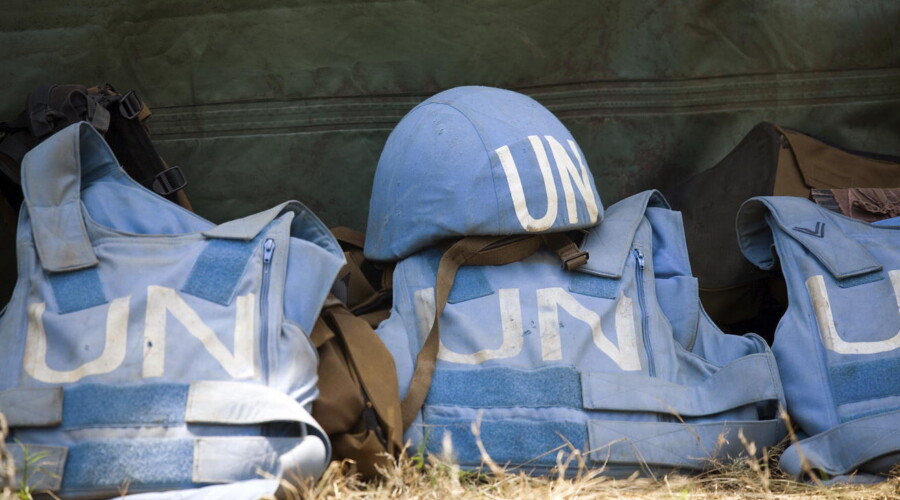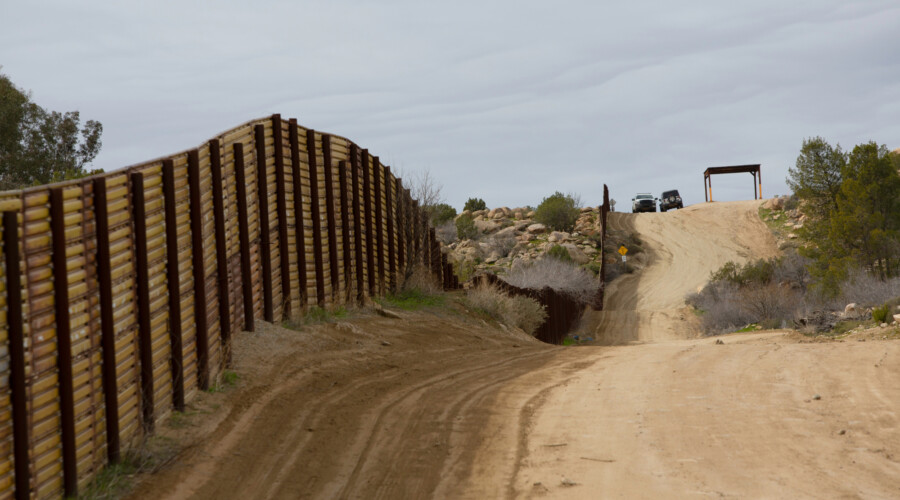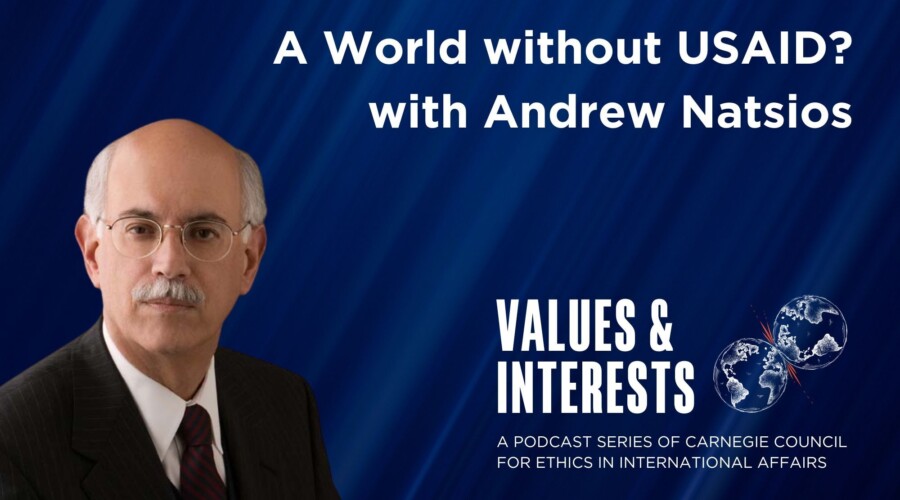Human Rights Dialogue (1994–2005): Series 1, Number 8 (Spring 1997)
Elusive Promise: Transitional Justice in the Philippines
The toppling of Ferdinand Marcos in 1986 through a dramatic four days of peaceful demonstrations paved the way for Corazon Aquino's rise to power and a series of initiatives addressing the injustices of Marcos's corrupt, often brutal, and shameless regime. Our experience of transitional justice started out strong, with the power of the people supporting it, but ultimately it failed to address the fundamental institutional obstacles to justice in our country. It has created as many questions as it answered. Most of the victims of human rights violations under the Marcos administration are still waiting for justice. And the majority of the Philippine population still suffer the same old social and economic injustices, even under the present Ramos administration.
Numerous efforts were made to bring Marcos to justice. Soon after taking office, President Aquino created the Presidential Commission on Good Government (PCGG) to recover properties illegally acquired by Marcos and his associates. Marcos and others were assessed with tax liabilities and charged with graft and corruption. Properties in the United States, traced as part of the Marcos's ill-gotten wealth, were recovered and sold. Bank deposits worth millions in Switzerland were put under the control of the Swiss courts. In 1986, a damage suit alleging Marcos's violation of the U.S. Alien Tort Statute for flagrant violations of human rights was filed by representatives of Filipino victims before the District Court of Hawaii (Cesar Hilao et al., v. The Estate of Ferdinand Marcos). Marcos was found guilty of violating the human rights of some 10,000 Filipinos and ordered to pay a total of two billion dollars in compensation to the victims.
A year later, the murder case of former senator Benigno Aquino, Marcos's chief political rival and Corazon Aquino's husband, was reopened on the grounds of a mistrial and resulted in the conviction of 16 of the 36 soldiers implicated in his 1983 assassination. But the trial failed to give a definitive answer to the question of who ordered the killing.
Eventually, the government prohibited the return to the Philippines of Marcos, members of his family, and some supporters for more than three years for national security reasons and to prevent them from evading U.S. suits against them. Marcos died in Hawaii shortly after U.S. courts started hearing charges against him, filed by the U.S. government, for money laundering and other fraudulent transactions.
Subscribe to the Carnegie Ethics Newsletter for more human rights analysis
In the meantime, the Presidential Committee on Human Rights (PCHR), created by President Aquino, began receiving complaints on human rights abuses. In 1987, the Task Force Detainees of the Philippines, one of the foremost human rights organizations in the country, filed around 700 cases on various human rights abuses. The successor to the PCHR, the Commission on Human Rights, received 12,000 complaints in its first six years. But only half of the investigated complaints reached the prosecutor's office and the courts. And of the 200 decided cases, only fifty cases brought convictions.
Finally, a multimillion peso damage suit filed in 1982 (Aberca v. Fabian Ver, et al) by former political prisoners against ranking military officers for torture and other human rights violations eventually began trial proceedings in 1988. The officers were found guilty some six years later, but an appeal to a higher court stopped execution of the decision.
Unfortunately, even with these efforts to make Marcos and his associates accountable for human rights violations and economic plunder full accountability was not obtained. The Marcoses were able to block government efforts to recover Swiss bank deposits, thereby preventing the 10,000 victims of human rights violations from receiving additional compensation. The cases filed against them in the Philippines are still pending on appeal, which has allowed family members to run for—and in some cases win election to—public office. Most of the human rights violations complaints against the police and military failed to reach the court, or were resolved through administrative processes. No full report on the accountability for human rights during the Marcos era was ever issued by the Aquino administration.
While zealously promoting human rights and pursuing the ill-gotten wealth of Marcos, the Aquino administration failed to address four primary institutional obstacles to justice: the army, the police, the judiciary, and the civilian bureaucracy. Granted Aquino did try to distinguish her government from Marcos's martial law. Despite objections of the military, she released political prisoners, restored the privilege of the writ of habeas corpus, institutionalized human rights education, outlawed a number of martial law orders like preventive detention, and acceded to significant international covenants. But, even under today's Ramos administration, the obstacles created by the Marcos regime largely remain, with the exception of the military whose counter-insurgency operations were scaled down with the peace process.
Due to the privileged position given by Marcos to the military, it became highly politicized, as reflected in a series of coup attempts by different military factions during the Aquino administration. The military's "total war" approach to put down insurgencies during Aquino's rule was a throwback to Marcos's counter-insurgency program. And, the use of paramilitary forces, such as the Citizens Armed Force Geographical Units (CAFGUs), was no different from Marcos's Community Home Defense Forces (CHDFs), well-known for their human rights violations.5 In this way, Aquino's government turned a blind eye to human rights violations perpetrated by its military even as it proclaimed support for human rights and democracy.
Much of the extra-judicial killings—known as "salvaging" in the Philippines—are attributed to the police, who believed that death was a better form of justice than allowing a suspect, who may or may not be politically involved, to remain free. Salvaging and other abuses were never curbed by the Marcos administration, and continued in the Aquino administration. This "subculture of tyranny and oppression" in the police agency (and in the military) was the main cause of hundreds of cases of torture, disappearances, and other human rights violations that remain unaccounted for.6
The Philippine Supreme Court, in a series of decisions dating back to the Marcos era, virtually deprived people of effective remedy in cases of illegal arrest and search and seizure by the police.7 The Court all but outrightly sanctioned the warrantless arrests and searches and seizures largely suffered by poor Filipinos. Today it is the police, not the army, who stand accused of the highest number of human rights violations. Added to this problem is the general social perception of corrupt court judges that deprive due process to those who do not have either influence or money.
Finally, there continues to be an entrenched bureaucracy that favors politicians and the rich. It is the very same bureaucracy that was used by the Marcos administration to commit election fraud, to displace poor communities for government programs and projects, to file suits that hide the political nature of the criminal charges against suspected members of the armed opposition, and to impede full investigation into human rights violations.
The Philippine case demonstrates the challenges of transitional justice even in a country where a new democratic government was brought into existence through massive popular support. Following Marcos's expulsion and death, the protest movement calmed down. What happened to the demands for justice by the general public? Perhaps it is because of the Filipino characteristic of forgiving past transgressions. Perhaps it is because many people have lost faith in the possibility that the government will ever really change, and that powerful members of the military, police, and bureaucracy will always be able to act with impunity.8 The end result is that transitional justice in the Philippines has been at best an incomplete victory.
A more complete victory could be achieved through increased pressure on formal institutions by the country's growing civil society movement whose members primarily work with social, economic and environmental concerns. The Ramos administration's "Philippine 2000" economic development plan has provided ample fuel for organizations seeking better policies and programs to address the social, economic, and political problems of the Philippine's poor. Political leaders and members of civil society alike recognize that the drive to attract foreign investment hinges on the government s ability to uphold the rule of law and an independent judiciary. The Ramos administration's emphasis on peace negotiations with the armed opposition also provides the opportunity to demand social and economic justice as a condition for laying down arms.
While many of the groups active in civil society today did not take part in demanding accountability for past civil and political violations, they are increasingly applying the language of human rights to issues of the urban poor, farmers, indigenous peoples, women, and children, among others. This movement has begun to engage the government at the local level, making local elections the new arena for action and social change. In the Philippines there should be no illusions about changes in the national government. What matters most today is the retooling of "people power" to check the power of an increasingly sophisticated government machinery set on entrenching free market systems that only exacerbate the gap between the rich and the poor. Indeed, the remaining task of people power is to change the lot of the majority of Filipinos.




